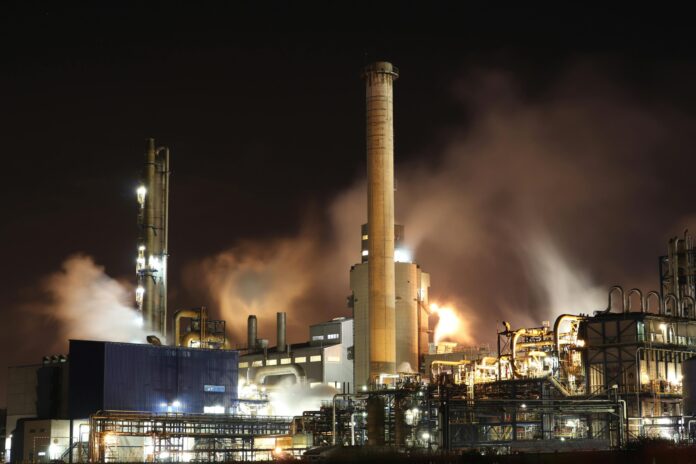Coal, once the undisputed king of energy production, is facing a crossroads. As the world grapples with the urgent need to address climate change and embrace sustainable energy solutions, coal’s position in the global energy mix is undergoing a profound transformation.
Coal’s Current Status
- Persistent Presence: Coal still accounts for about 27% of global electricity generation, underscoring its continued significance.
- Dominance in Key Markets: It remains the primary source of electricity in major economies like China and India, highlighting its role in driving industrial growth.
- Decline in Developed Nations: Many developed nations, especially in Europe and North America, are actively phasing out coal, signaling a shift toward cleaner alternatives.
Factors Driving Coal’s Decline
- Environmental Imperative: Coal is the most carbon-intensive fossil fuel, making its reduction crucial in mitigating climate change.
- Economic Realities: The cost of natural gas and renewable energy sources like solar and wind has plummeted, making them increasingly competitive.
- Policy Interventions: Numerous countries have implemented policies aimed at reducing or eliminating coal use, further accelerating its decline.
- Investor Activism: Growing pressure from investors and financial institutions is making it increasingly challenging to secure funding for new coal projects.
Impact on Global Energy Markets
- Price Volatility: Fluctuating demand for coal leads to price instability, impacting both producers and consumers.
- Stranded Assets: Coal-fired power plants may become economically unviable before the end of their lifespan, leading to financial losses.
- Investment Shift: Capital is flowing toward renewable energy and natural gas, signaling a fundamental change in the energy landscape.
Economic Implications
- Job Disruptions: Coal mining communities face significant economic challenges as the industry contracts, necessitating support for workers and the development of new industries.
- Transition Costs: Countries need to invest heavily in new energy infrastructure to replace coal, requiring careful planning and resource allocation.
- Potential Savings: While the transition away from coal carries costs, the long-term health and environmental benefits can lead to substantial savings.
Environmental Effects
- Emissions Reduction: Phasing out coal is essential for achieving global climate goals and limiting global warming.
- Improved Air Quality: Fewer coal plants translate to less air pollution, leading to significant health benefits and a cleaner environment.
- Land Reclamation: The decline of coal mining offers opportunities to restore former mining areas and promote ecological restoration.
Regional Variations
- Developed Nations: Coal use is rapidly declining in developed countries as they prioritize cleaner energy sources and decarbonization.
- Developing Nations: Some developing nations are still expanding their coal capacity to meet growing energy demands and support economic development.
- China’s Dual Role: As the world’s largest coal consumer, China is also leading the way in renewable energy investments, showcasing its commitment to a balanced energy transition.
The Future of Coal
Experts predict:
- Continued Decline: Global coal use is expected to continue its downward trajectory, driven by environmental concerns and economic realities.
- Metallurgical Coal’s Resurgence: The demand for metallurgical coal, used in steel production, may experience a resurgence due to ongoing industrial development.
- Focus on Clean Coal: Efforts to develop and deploy “clean coal” technologies may continue in some regions, aiming to reduce the environmental impact of coal-fired power plants.
What This Means for You
- Energy Costs and Sources: Expect potential changes in electricity prices and sources as the energy mix evolves.
- Job Market Shifts: The energy transition will lead to job market shifts, requiring workers in the coal industry to acquire new skills and adapt to new opportunities.
- Health and Environmental Benefits: Communities transitioning away from coal can expect improved air quality and associated health benefits.
- Investment Opportunities: The growth of renewable energy and other clean technologies presents exciting investment opportunities for individuals and businesses.
Understanding the evolving role of coal is essential for navigating the changing energy landscape, whether you’re a consumer, investor, or policymaker. By embracing sustainable energy solutions, we can create a cleaner, healthier, and more prosperous future for all.
Further Exploration:

